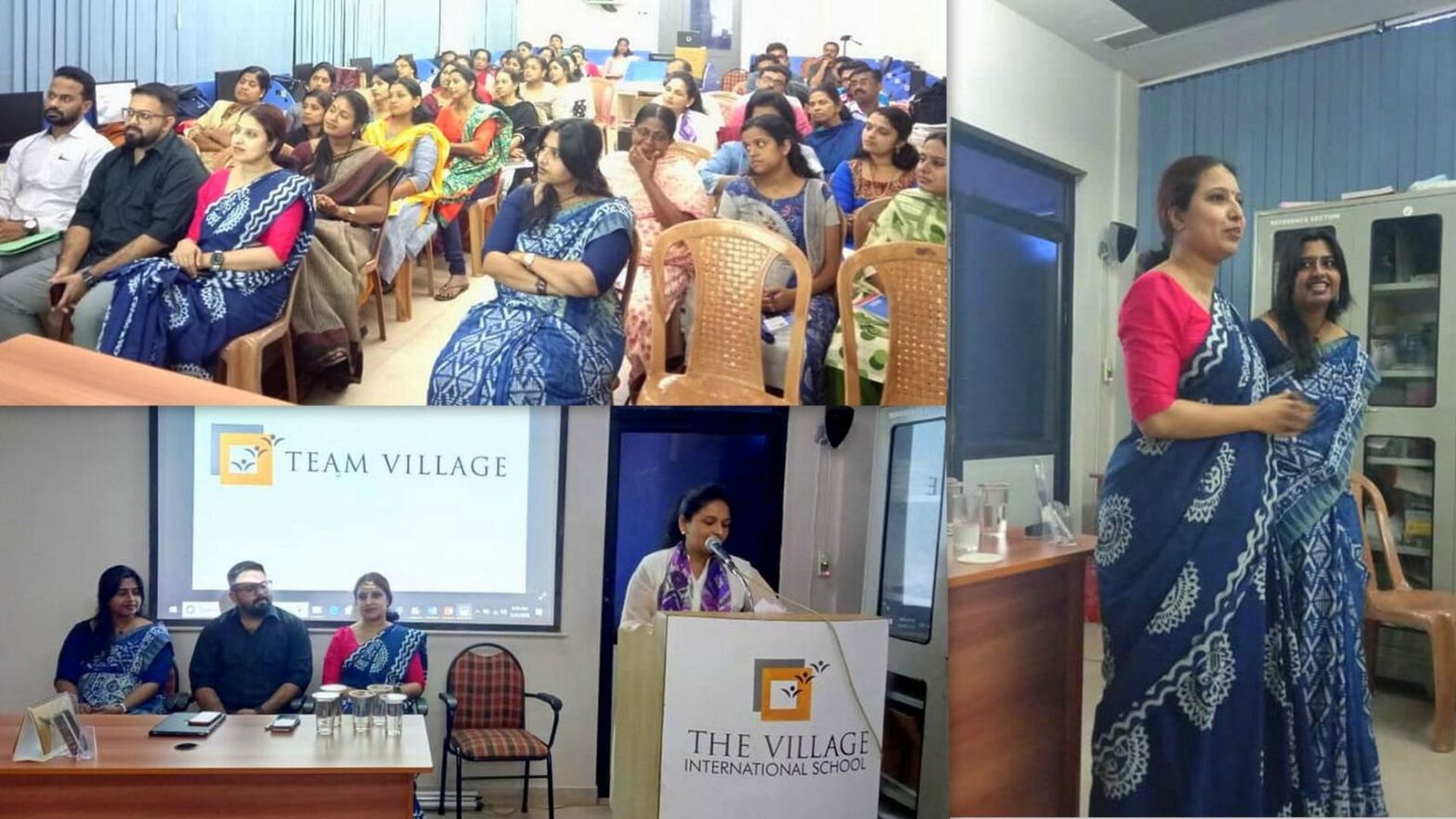
Inclusive Education, or the practice of integrating students with disabilities or special needs into regular educational settings, is a crucial endeavor. The 'WH' of Inclusive Education encompasses various aspects that answer questions about why, what, when, where, how, who, and which. Teacher Sensitization sessions, like the one held at The Village International School in Thodupuzha, play a pivotal role in promoting Inclusive Education. These sessions aim to enlighten educators about the significance of inclusive teaching. The rationale behind Inclusive Education is rooted in recognizing the unique challenges faced by today's generation of students, particularly regarding their mental health. Factors such as Sensory Overload, Technology Overdose, reduced exercise, shifts in parenting styles, increased access to various content, reduced sleep duration, information overload, declining patience, and unhealthy eating habits are significantly impacting children. In the context of Inclusive Education, the '5 'I's' are paramount. Before intervention, it is essential to gather Information about the Individual child. Interaction with significant individuals in the child's life, primarily parents and their home routine, is critical for effective intervention. Inclusive Education goes beyond academic skills, focusing on Emotional, Cognitive, Social, Fine Motor, Creative, Language, Attention and Concentration, Self-Help, Behavioral, and Specific Academic skills. A systematic approach to intervention is crucial, marked by SMART objectives - Specific, Measurable, Attainable, Relevant, and Time-bound. Periodic review and a commitment to progress over perfection are central to the success of Inclusive Education. In conclusion, Inclusive Education is a holistic approach to fostering a supportive and enriching learning environment for all students, regardless of their abilities or challenges.